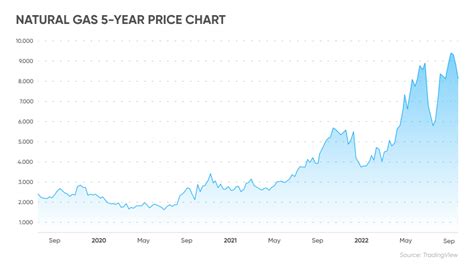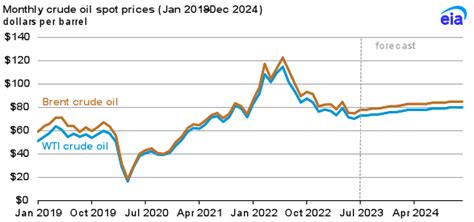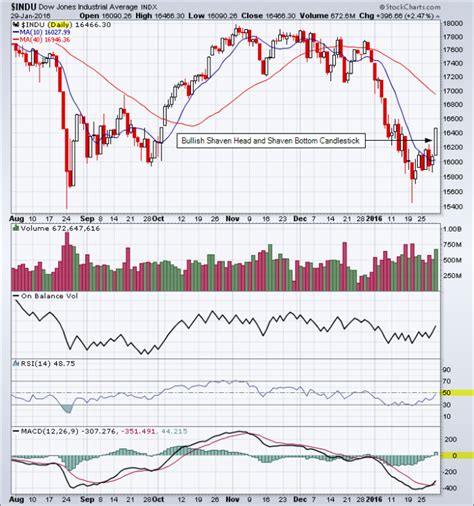Natural Gas Price Predictions 2025

- Q1 2025: $4.80/MMBtu
- Q2 2025: $4.50/MMBtu
- Q3 2025: $4.20/MMBtu
- Q4 2025: $4.00/MMBtu
Factors Influencing Natural Gas Prices
Supply and Demand Dynamics
- Demand Surge: Growing demand from the power generation, industrial, and residential sectors
- Supply Constraints: Geopolitical tensions, pipeline bottlenecks, and weather-related disruptions
- Production Bottlenecks: Slowdowns in exploration and production due to economic factors and environmental regulations
Macroeconomic Conditions
- Global Economic Growth: Strong economic growth boosts demand for energy
- Inflation: Rising inflation increases production and transportation costs
- Interest Rates: Higher interest rates reduce investment in energy infrastructure
Policy and Regulations
- Emissions Reduction Targets: Government policies to limit carbon emissions favor natural gas over coal
- Carbon Pricing: Carbon taxes or cap-and-trade systems increase the cost of consuming fossil fuels
- LNG Export Capacity: The expansion of LNG export terminals could divert domestic supply to international markets
Consequences of Rising Natural Gas Prices
Direct Impacts
- Higher Energy Bills: Households and businesses face increased costs for heating, cooking, and electricity
- Industrial Shutdowns: Energy-intensive industries may temporarily or permanently close due to rising operating expenses
- Transportation Costs: Increased fuel costs for trucks and airplanes impact goods and services transportation
Indirect Impacts
- Inflation: Higher energy prices contribute to overall inflation, affecting the prices of goods and services
- Economic Downturn: Sustained high gas prices can slow economic growth and lead to job losses
- Political Instability: Energy crises can heighten geopolitical tensions and social unrest
Strategies to Mitigate the Impact of Rising Natural Gas Prices
For Consumers:
- Energy Efficiency Measures: Upgrade appliances, insulate homes, and adopt energy-saving practices
- Fuel Switching: Consider alternative heating sources such as heat pumps or electric appliances
- Bill Assistance: Explore government programs and utility assistance to reduce energy expenses
For Businesses:
- Energy Audits: Identify areas for energy conservation and efficiency improvements
- Contract Negotiation: Negotiate favorable terms with suppliers and explore long-term contracts
- Alternative Energy Sources: Invest in renewable energy or explore energy storage solutions
For Governments:
- Energy Infrastructure Investment: Invest in upgrading and expanding energy infrastructure, including pipelines and LNG terminals
- Energy Security Policies: Develop policies to ensure reliable and affordable energy supply
- Incentives for Energy Efficiency: Provide tax breaks or rebates for investments in energy-efficient technologies
Tips and Tricks for Managing Natural Gas Costs
- Shop Around for Suppliers: Compare rates and terms from different energy providers
- Lock in Prices: Consider fixed-rate contracts to protect against price volatility
- Use a Budget Plan: Spread your energy payments evenly throughout the year to avoid spikes in winter months
- Monitor Usage: Track your energy consumption to identify areas for conservation
- Consider Usage Alerts: Set up alerts to notify you if your energy usage exceeds a predefined threshold
Pros and Cons of Rising Natural Gas Prices
Pros:
- Reduced Carbon Emissions: Natural gas produces fewer emissions than other fossil fuels, contributing to environmental goals
- Energy Independence: Domestic natural gas production enhances energy security and reduces reliance on imports
- Economic Growth: Natural gas is a vital fuel for manufacturing, transportation, and power generation
Cons:
- Inflationary Pressures: Rising gas prices increase the cost of living and doing business
- Consumer Hardship: High energy bills can burden households and lead to financial difficulties
- Geopolitical Instability: Global demand for natural gas can create tensions between countries over access to supply
FAQs about Natural Gas Price Predictions for 2025
-
What is the expected average natural gas price in 2025?
– Around $4.30/MMBtu -
What factors are driving the increase in natural gas prices?
– Supply constraints, strong demand, and macroeconomic conditions -
How will high natural gas prices impact the economy?
– Inflation, economic slowdown, and job losses -
What strategies can businesses adopt to mitigate the impact of high gas prices?
– Energy audits, contract negotiation, and investment in alternative energy -
What can consumers do to reduce their natural gas consumption?
– Energy efficiency measures, fuel switching, and bill assistance programs -
How will rising natural gas prices affect geopolitical dynamics?
– Tensions over access to supply and potential conflicts -
What innovative technologies or applications could help reduce natural gas consumption?
– Advancements in insulation, smart home energy management systems, and fuel cells -
What long-term trends will shape the natural gas market in the coming years?
– Growing demand, increased supply, and transition to cleaner energy sources
Conclusion
The surge in natural gas prices is a complex issue with far-reaching consequences. While rising prices can benefit producers and drive investments in energy efficiency, they also pose challenges for consumers, businesses, and the economy. By understanding the factors influencing gas prices, adopting mitigation strategies, and leveraging innovative technologies, we can respond effectively to these challenges and ensure a sustainable and affordable energy future.



